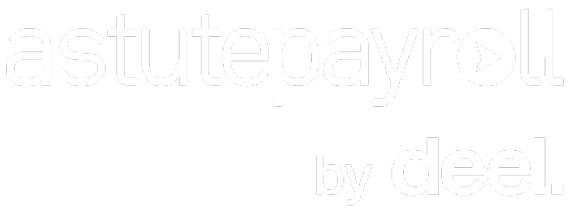What is On-Page SEO?
On-page SEO refers to the process of optimising individual web pages to improve their rankings on search engines and attract more organic traffic.
Unlike off-page SEO, which focuses on backlinks and external factors, on-page SEO is all about the elements that are directly within your control—things that you can tweak and adjust on your own website to make it more appealing to both search engines and users.
The most common on-page SEO techniques include:
- Adding and optimising internal backlinks.
- Optimising and using the proper header tags and heading hierarchy.
- Using suitable meta tags.
- Adding structured data to your content.
- Optimising images with titles and alt tags.
Why is On-Page SEO Important?
When it comes to managing a website, it isn’t a set-it-and-forget-it affair! On-page SEO plays a crucial role in ensuring your site remains visible, relevant, and competitive in search engine rankings.
Not only does it help search engines understand what your content is about, but also ensures that your website is accessible and easier to navigate for users, resulting in better engagement, longer site visits, and a higher chance of conversions.
Top On-Page SEO Best Practices
- Match User Intent: Ensure your content type and format aligns with what users are searching for. Whether they’re looking for a how-to guide, a product review, informative content or are ready to make a purchase, matching user intent increases engagement and relevance.
- Optimise Title Tags and Meta Descriptions: These are the first things users and search engines see, so make sure they are clear, compelling, and include your target keywords. Well-optimised titles and meta descriptions improve click-through rates and give search engines and users context about the content on your page.
- Ensure Images Are Optimised: Compress images to improve page load speed, and don’t forget to include descriptive alt text and titles. This helps both with both SEO and accessibility.
- Optimise Your URL: Keep URLs short, descriptive, and keyword-rich. Clean and readable URLs are more appealing to and also gives a snapshot on what the page is about. For example “/https://digitalnomadshq.com.au/glossary/off-page-seo/”
- Add Internal and External Links: Internal links help users navigate your site and allow search engines to crawl your pages more efficiently. External links to authoritative sources can also enhance your content’s credibility as it demonstrates that you’re referencing reliable and relevant information.










